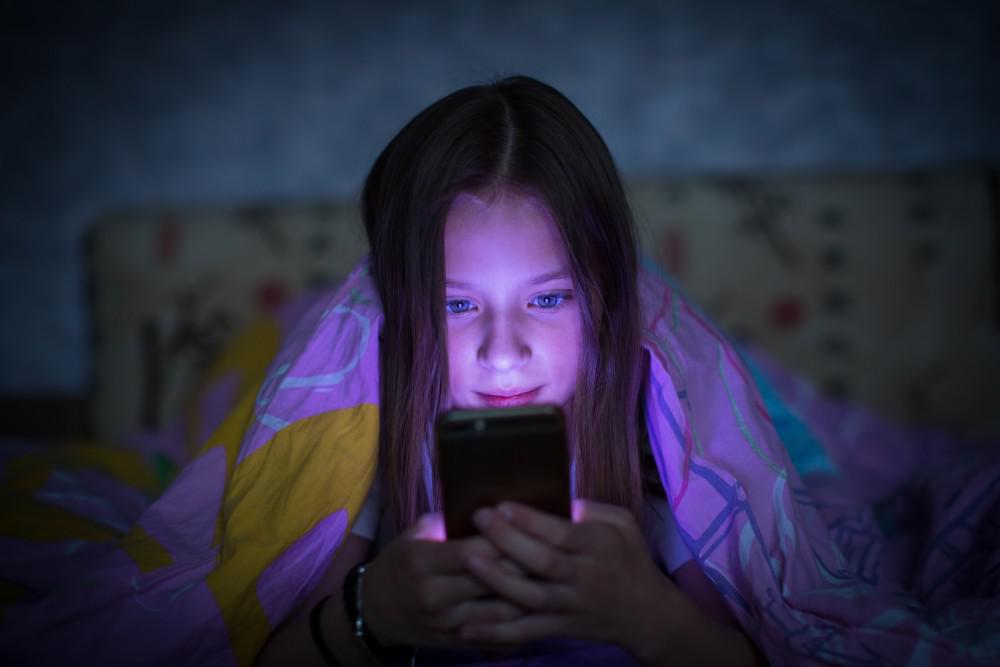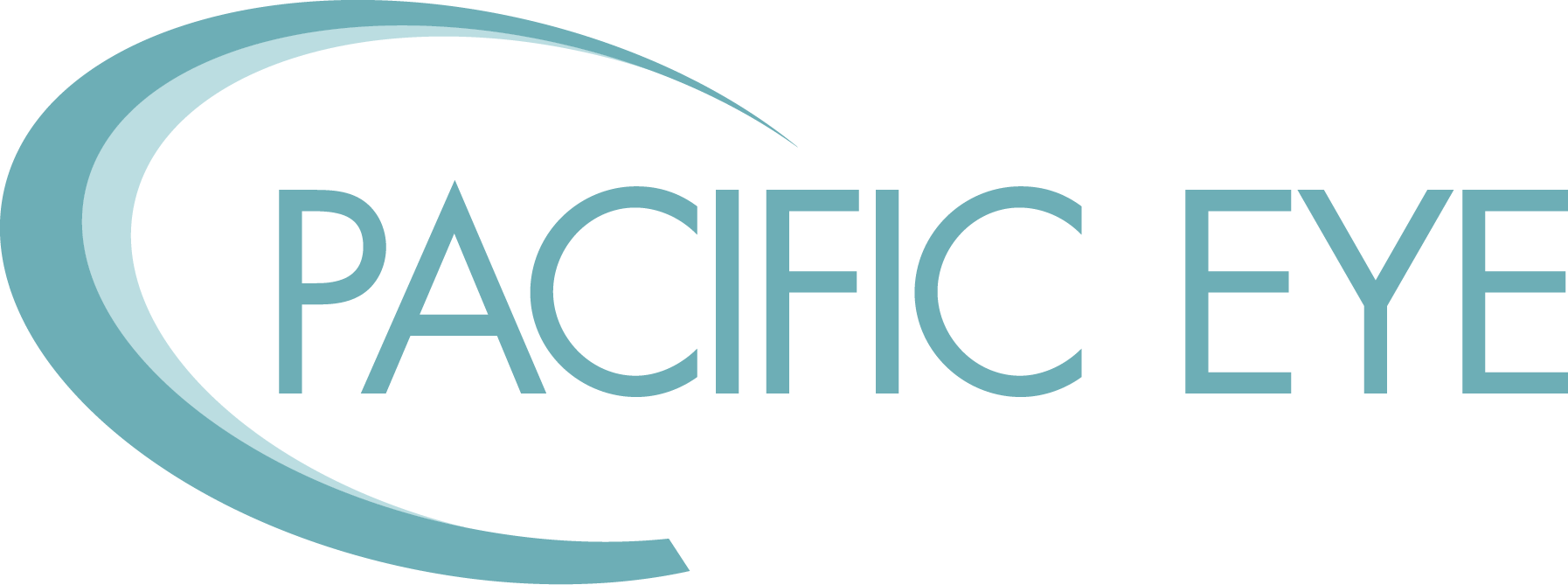
According to the Centers for Disease Control and Prevention (CDC), kids ages 8-10 spend an average of six hours a day in front of screens. For tweens and teens, daily averages only go up from there.
“Screen time” is what people spend on phones, tablets, and computers, watching TV, and using other smart devices. Adults of all ages rely on screens to work, connect, and relax, and kids are following in our footsteps.
The effects of screen time on children and their development has been a question since the 1990s, and increased screen use during the pandemic has left parents wondering just how much screen time is too much.
Now more than ever, kids are using screens to connect with the world. Whether it’s virtual learning or video chatting with family and friends, they’re spending more and more time in front of screens.
Heavy use of screens is linked to eye fatigue, headaches, and other health issues, but should you be worried about the effects of excessive screen time on your kids? What can you do to protect their eyes and their health?
At Pacific Eye in San Luis Obispo and Santa Barbara counties, our eye doctors are here to help. We specialize in pediatric eye care, and we’re happy to work with kids and their parents to set screen time boundaries and promote eye health.
The links between screen time and eye health
The American Academy of Pediatrics recommends that children age 5 and younger have less than one hour of screen time a day. The American Academy of Pediatrics doesn’t set specific limits on screen time for kids 6 and older.
But no matter your child’s age, it’s your job as a parent to help your child balance screen time with other activities.
Looking at screens makes you blink less, and this is true for kids as well as adults. Infrequent blinking can lead to dry eyes and eye fatigue. If your child sits with poor posture or they hunch over their screen, they might develop “tech neck.”
Kids ages 6 and up need at least one hour of physical activity every day. They should also be getting 9-11 hours of sleep every night, but excessive screen time can take away from these important activities.
Too much screen time can interfere with physical activity and restful sleep. If your child is choosing screen time over exercise, or if they’re on their devices late into the night, it might be time to intervene.
Ways to protect your child’s eye health in the digital world
It’s unrealistic to eliminate screens from your child’s life. These days, we connect with friends and family via screens, and many schools have virtual classrooms. Instead, try to create balance in your child’s life.
Remember that babies younger than 2 shouldn’t have any screen time, unless they’re with an adult in a video chat. Kids 5 and younger should spend no more than an hour in front of screens.
School-aged children, tweens, and teens rely on screens for school and socialization, but that doesn’t mean boundaries aren’t important. If they’re engaged in virtual learning, encourage them to take short breaks every hour.
Help them remember to blink to prevent dry eyes when they’re staring at screens. When the school day is over, offer screen-free activities like playing outside or doing a craft.
Blue light emitted by screens can interfere with the body’s natural day/night rhythm. Glasses that block blue light can be helpful, but you can also promote healthy sleep habits by limiting screen time starting about two hours before bedtime.
Schedule pediatric eye exams
Regular eye exams are the best way to protect your child’s eye health. They might not always tell you if they’re suffering dry eyes or eye fatigue, but an exam helps identify and resolve these issues.
Our eye doctors work with you to help keep your child’s eyes healthy and keep their vision clear. We screen for common vision problems like amblyopia, hyperopia, and myopia. We talk to you and your child about ways to limit screen time for eye and overall health.
Screens are unavoidable, but your child’s eyes don’t have to suffer. Get more tips for safe screen time with a pediatric eye appointment at Pacific Eye. Contact us online or over the phone today.







